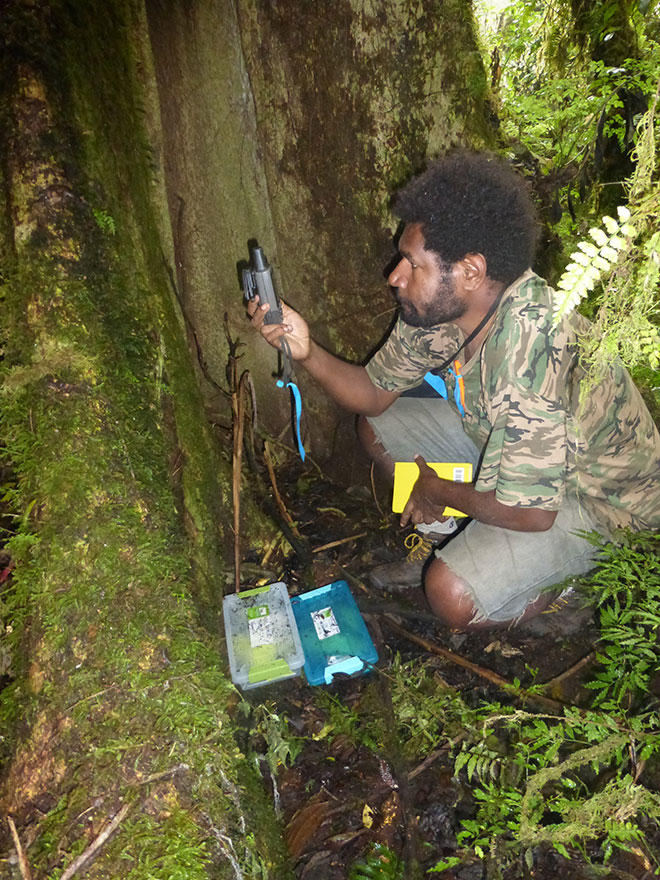
Zoological institutions throughout the globe are working together for the conservation of tree kangaroos. Through the World Association of Zoos and Aquariums (WAZA) and its affiliate zoological associations, a network of tree kangaroo specialists meet on an ongoing basis to collaborate on research, management, captive breeding, and conservation initiatives. By bringing together experts involved in both in situ (on-site) and ex situ (off-site) conservation, the international tree kangaroo partnership network promotes greater integration and a more holistic approach to protecting tree kangaroo species. The network provides a valuable platform for sharing knowledge and research findings, coordinating the global captive breeding program, and for identifying research priorities to enhance both captive management and wildlife conservation.
-
The World Association of Zoos and Aquariums Global Species Management Plan
-
Zoo Aquarium Association (Australasia)
-
The Association of Zoos and Aquariums Tree Kangaroo Species Survival Plan (USA)
-
European Association of Zoos and Aquariums
-
Asian Association of Zoos and Aquariums
-
Woodland Park Zoo, Seattle, Washington*
-
Albuquerque Biological Park, Albuquerque, New Mexico*
-
Bermuda Aquarium, Museum and Zoo, Bermuda*
-
Cheyenne Mountain Zoo, Colorado Springs, Colorado
-
Cleveland Metroparks Zoo, Cleveland, Ohio*
-
Columbus Zoo and Aquarium, Columbus, Ohio*
-
Dallas World Aquarium, Dallas, Texas*
-
Detroit Zoological Park, Detroit, Michigan*
-
Gladys Porter Zoo, Brownsville, Texas*
-
Utah’s Hogle Zoo, Salt Lake City, Utah*
-
Kansas City Zoo, Kansas City, Missouri*
-
Lincoln Children’s Zoo, Lincoln, Nebraska*
-
Miami MetroZoo, Miami, Florida*
-
Miller Park Zoo, Bloomington, Illinois
-
Milwaukee County Zoological Gardens, Milwaukee, Wisconsin*
-
Minnesota Zoological Garden, Minneapolis, Minnesota*
-
Riverbanks Zoo & Botanical Garden, Columbia, South Carolina*
-
Roger Williams Park Zoo, Providence, Rhode Island*
-
Saint Louis Zoo, St. Louis, Missouri*
-
San Antonio Zoological Gardens & Aquarium, San Antonio, Texas*
-
San Diego Zoo, San Diego, California*
-
Santa Fe Teaching Zoo, Gainesville, Florida*
-
Sedgwick County Zoo, Wichita, Kansas*
-
Toronto Zoo, Toronto, Canada*
-
Zoos New England (Stone Zoo and Franklin Park Zoo), Boston, Massachusetts*